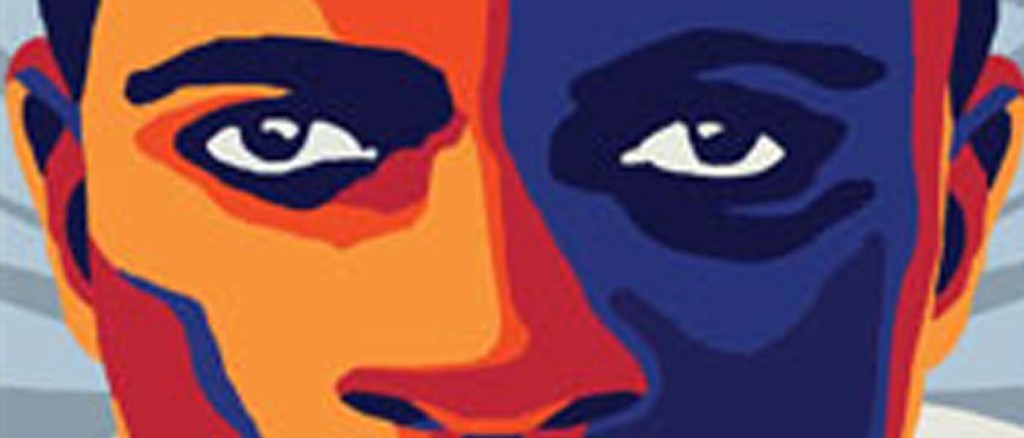Jackie Robinson is a true American hero. No one can honestly argue otherwise. In Syracuse, we might even call him a local hero if we were willing to stretch the meaning a bit: The Montreal Royals, the Brooklyn Dodgers’ minor-league affiliate with whom Robinson broke the professional color line, played in Syracuse against the Chiefs during his tenure with the team. The Royals eventually moved to Syracuse, becoming the current incarnation of the Chiefs in 1961.
But heroes, like all people, are complicated, and sometimes we don’t get the full story. 42, the biopic that debuted recently, tells the story of the Jackie Robinson we already know: his incredible courage and tenacity in the face of ignorance and bigotry. It’s heroic for sure, but it’s also simple. And Jackie Robinson wasn’t simple.
A new book published by Syracuse University Press gives us a fuller picture of the man. Beyond Home Plate: Jackie Robinson on Life After Baseball, is an anthology of Robinson’s columns in the New York Post and New York Amersterdam News compiled and edited by Michael G. Long, of Elizabethtown College. The columns inside shed light on a very different Jackie Robinson in his own words.
The Robinson in Beyond Home Plate isn’t the same man portrayed in 42. When it became clear that the Dodgers General Manager Branch Rickey’s great experiment had succeeded, that African American players had fully integrated into the national pastime, Robinson was free to speak his mind, which he describes in a 1960 column titled “No More Turning the Other Cheek”: “… when I felt an injustice was being done, I sounded off. When someone ridiculed me, I let him have as good as he sent.” He publicly criticized the Boston Red Sox for their sluggishness in signing black players. He called out others, including the great Willie Mays, for not being vocal enough in defense of African-American rights. An avid golfer, Robinson chided Augusta National Golf Club 30 years before it admitted its first African-American member.
This Robinson is fiery and passionate, but he could also be irascible and impatient, sometimes unable to sympathize with anyone whose views differed from his own. At times, he could be biting and funny, as when he described his reaction to the rise in popularity of tanning lotion: “Why, keep this kind of thing up and a body won’t know who to segregate anymore …”
Robinson was deeply connected to his family and his cause. He writes lovingly about his mother and especially his wife, Rachel. He took positions on many of the great debates of his time, including bold critiques of South African Apartheid and Malcolm X’s black nationalism. He defended a young Cassius Clay’s religious leanings while publicly supporting President Lyndon B. Johnson’s policies in Vietnam.
The Jackie Robinson presented in Beyond Home Plate isn’t the hero of 42, but that’s not a bad thing. Here we find a real person, with plenty of qualities to admire, but not entirely without fault. And in the end, it’s better to know that our real life heroes aren’t the characters of fairy tales or biopics, because their humanity makes their triumphs all the more impressive.
by Stephen Cohen


